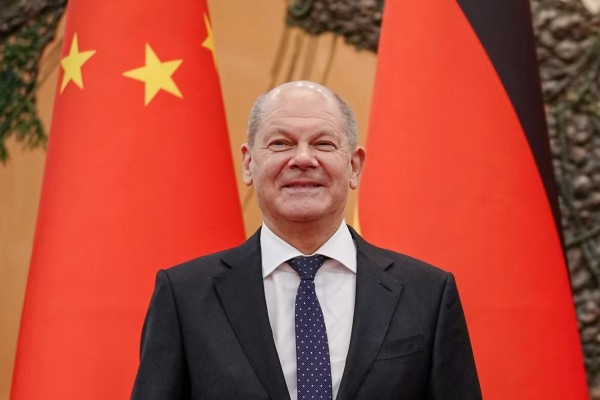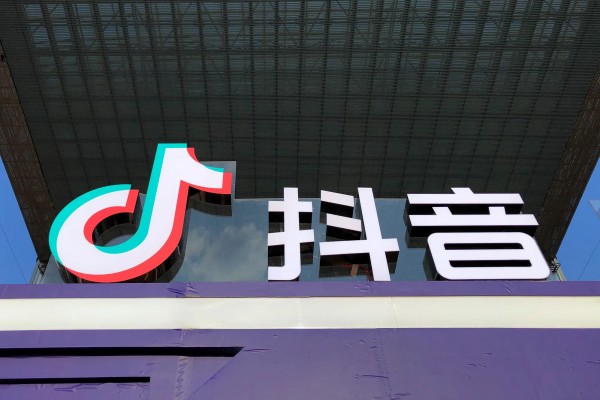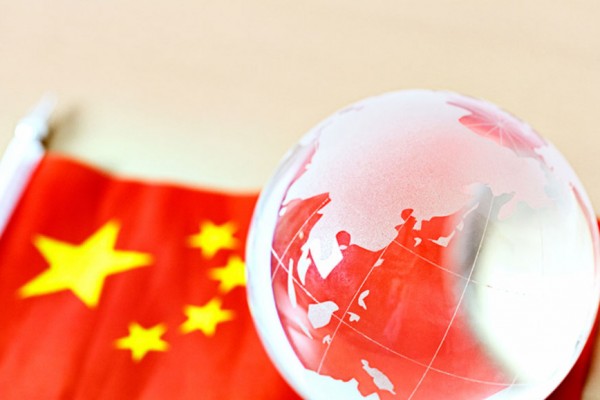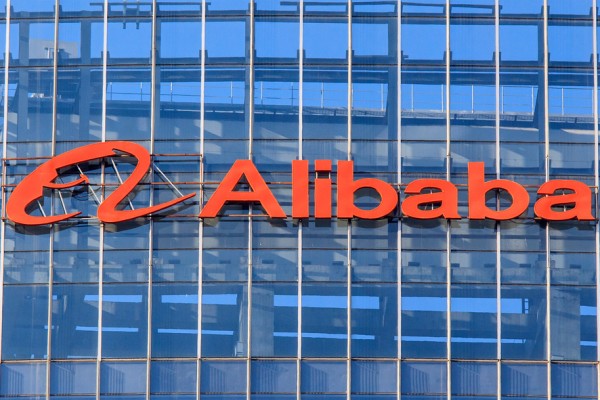Review № 10 of Chinese Antitrust News from the Experts of the BRICS Competition Centre
- Xi Jinping reassures foreign companies of China's openness
- US imposes new restrictions under the Chip Act
- Alibaba will split into 6 business groups
- 8 local market regulators signed an agreement on antitrust M&A checks
- 2023 Internet Cleanup Campaign Goals
- Technology companies asked for government support
- Internet Audiovisual Content Report
- 4 of the top 5 downloaded apps in the US are Chinese
Xi Jinping reassures foreign companies of China's openness
In a congratulatory letter sent to the China Development Forum, President Xi Jinping said that China will steadily expand institutional opening. The country remains committed to the strategy of opening up to the outside world and will strive to implement mutually beneficial strategies, continue to share with other countries the new opportunities that China's development brings. He noted that the global economy is struggling to recover, and consensus and cooperation are needed to accelerate this process.
In parallel, Chinese Foreign Minister Qin Gang held a meeting with representatives of friendly organizations and the US business community. He reaffirmed China's intention to develop a healthy, stable and constructive relationship with the United States. China has always been convinced that they and America should respect each other, coexist peacefully and cooperate to achieve mutually beneficial results. He welcomed the expansion of US investment and promised that the country will continue to improve the business environment for foreign companies.
Sources: China Daily, Xinhua
US imposes new restrictions under the Chip Act
Restrictions will affect new Chinese projects of chip manufacturers that receive funding under the Chips and Science Act: in the next ten years, they are prohibited from increasing output in China by more than 5% for advanced chips and more than 10% for older technologies . A limit ($100,000) has also been announced for investments in advanced facilities in China.
Foreign Ministry spokesman Wang Wenbin said that these so-called American "barriers" (guardrails) are pure technological blockade and a protectionist method. In order to maintain its hegemony, the United States constantly blurs the concept of national security, abuses export controls and does not hesitate to sacrifice the interests of its allies, forcing individual countries to participate in the blockade and containment of China. He stressed that such pressure will not slow down China's development path, but will only increase its resolve and ability to achieve technological sovereignty.
Alibaba will split into 6 business groups
Alibaba Group will reorganize and split into six business groups, a move designed to add value to the company's shareholders and increase competitiveness. Daniel Zhang will retain his position as CEO of Alibaba Group, which will be managed as a holding company, with each business group having its own CEO and board of directors. This is the most significant change in the company's management structure in its entire 24-year history. Through the reform, Alibaba will become more flexible and better able to exploit market opportunities. As Daniel Zhang noted in a letter to employees, “The market is the best test, and each business group and the company itself will be able to individually raise funds and go public when they are ready.” Groups include Cloud Intelligence Group (cloud technology), Taobao Tmall Commerce Group (e-commerce), Local Services Group (grocery delivery), Cainiao Smart Logistics (transport services), Global Digital Commerce Group (marketplaces outside of China), Digital Media and Entertainment Group (video streaming and film production).
Source: Alizila
8 local market regulators signed an agreement on antitrust M&A checks
The Market Regulatory Administrations of Chongqing, Henan, Hubei, Hunan, Sichuan, Guizhou, Yunnan and Tibet Autonomous Region signed an agreement to pilot joint anti-monopoly inspections of economic concentration transactions. This is done to improve the efficiency of such audits, to help local companies scale up and become more competitive in the marketplace. The departments have agreed on trans-regional exchange and cooperation: this includes increased exchange of information and information about current operations, data sharing, joint training, the establishment of coordination mechanisms in the consideration of cases, increased opportunities for the exchange of evidence between their administrative units, etc.
Source: Weixin
2023 Internet Cleanup Campaign Goals
Cyberspace Administration of China has outlined the goals of the Qing-lang campaign to "clean up" the Internet for 2023. Clean ("qing") air and clear ("lan") sky in the online space is the common expectation of all Internet users, and the Administration is actively working to realize this goal. For 2023, the agency announced 9 key areas of activity - streamlining publications of independent (unofficial) media, combating manipulation in paid comments, regulating information distribution channels, improving the business environment on the Internet, combating incorrect content on consumer service platforms, improving content management on short video platforms, regulation of the online environment for minors during the summer holidays, elimination of malicious phenomena on the Internet, and ordering of the online space during the Lunar New Year holidays. The main tasks of the department in the work are a more active response to the dissatisfaction of a wide audience, solving problematic issues and developing innovative regulation.
Source: Weixin
Internet Audiovisual Content Report
According to the Chinese Internet Audiovisual Content Development Report 2023, there were 1.04 billion users of audiovisual applications in China at the end of 2022, making this type of application the most popular in China, even more popular than instant messengers linked to online wallets. Of these, 1.01 billion (94.8% of all Internet users) are users of short video platforms, and on average each of them spends 168 minutes per day watching content.
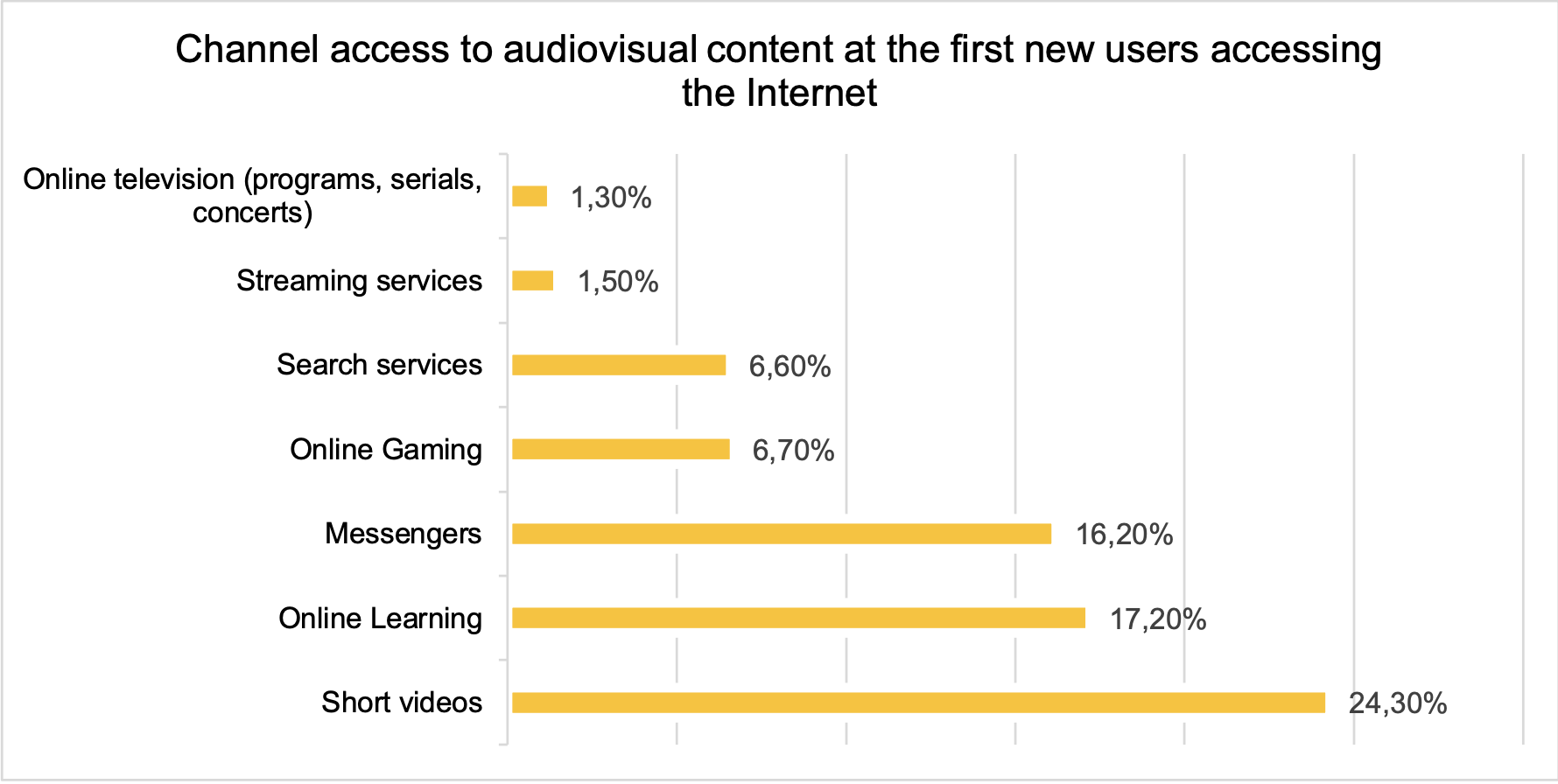
Source: Weixin
Technology companies asked for government support
At the ongoing Boao Forum for Asia, leaders of leading technology companies and industry experts have expressed the need for more active joint actions between the Chinese authorities and tech giants to develop independent AI platforms, develop data flows, stimulate computing power, with the ultimate goal of gaining leadership in global technology competition.
“China needs to speed up its own large model AI construction. As a private company, we urgently need the government to jointly develop such an independent and controllable base platform that integrates AI software and hardware,” said Du Lan, senior vice-president of Chinese tech firm iFlytek. "Many of the AI and data resources are relatively fragmented. We expect the government to take a lead in building some computing power platforms.”
The experts also called for global cooperation in technology and digital spheres: “Chinese companies are more vibrant in development strategies and technological environment while the United States is better at applying technologies into more areas. The trend of cooperation in recent years has been curbed. We firmly believe that globalization will give birth to winners.”
Source: China Daily
4 of the top 5 downloaded apps in the US are Chinese
Four of the five most popular apps in the US are developed in China. According to Sensor Tower statistics at the beginning of March, the Temu online shopping platform became the most downloaded. Next in the ranking are video editing app CapCut, short video platform TikTok and online retailer Shein. Facebook (banned and designated as extremist in Russia), the only non-Chinese app in the top five, only ranks fifth.
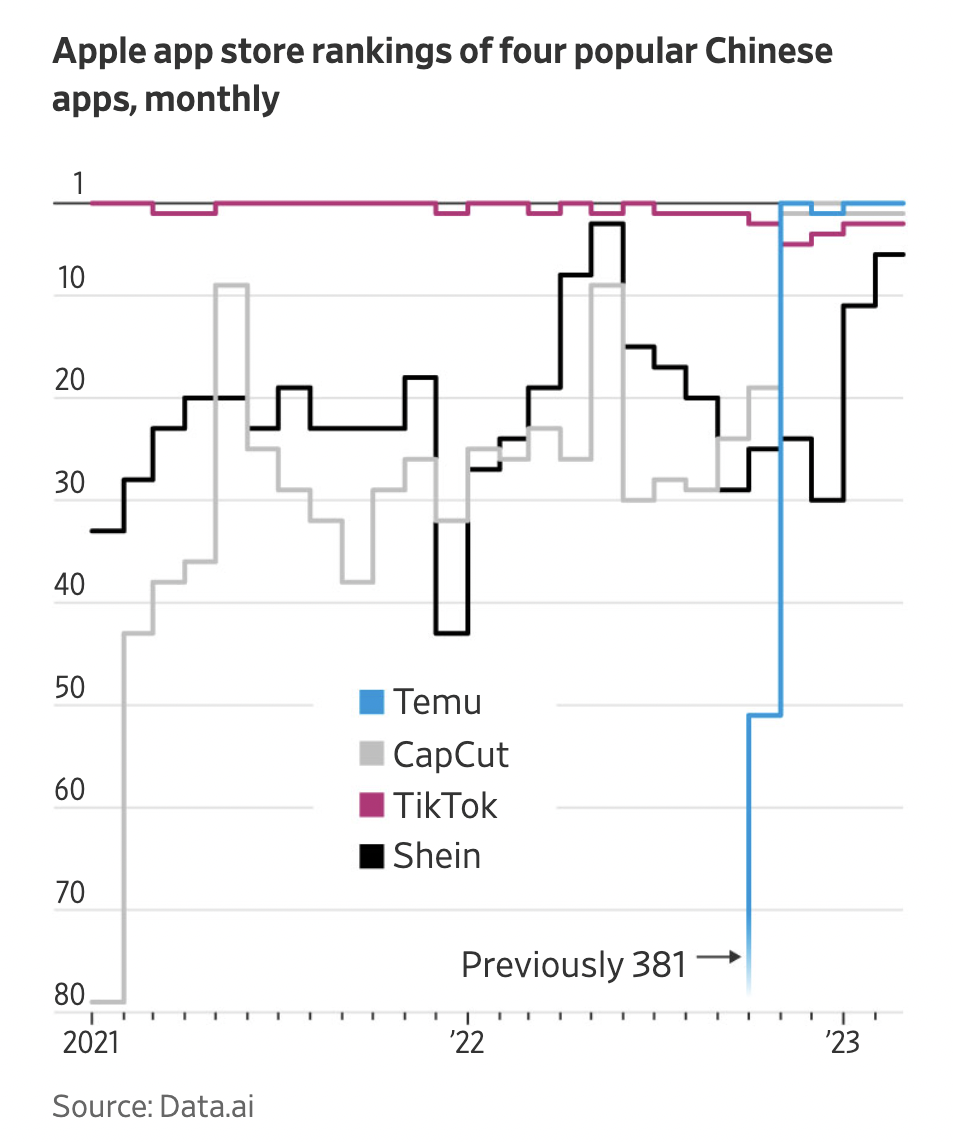
Source: WSJ

